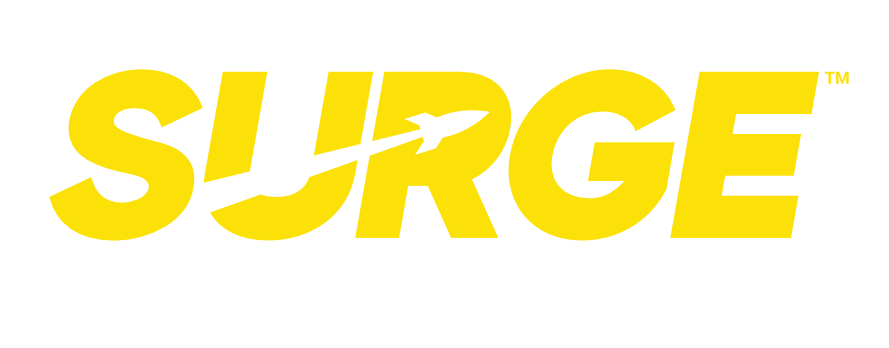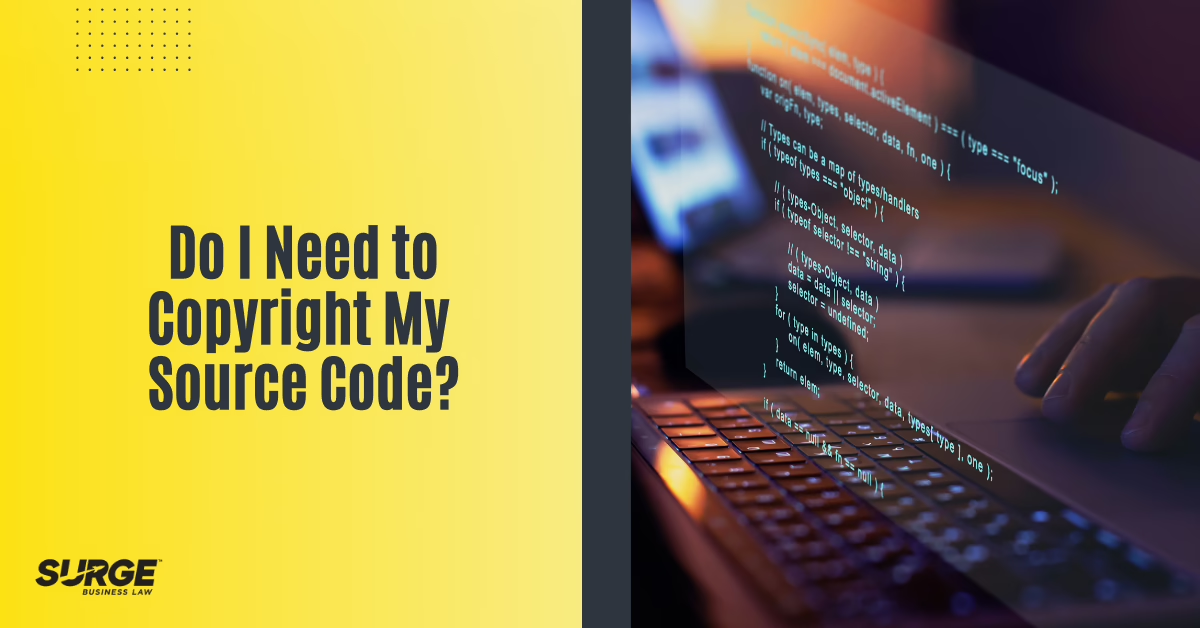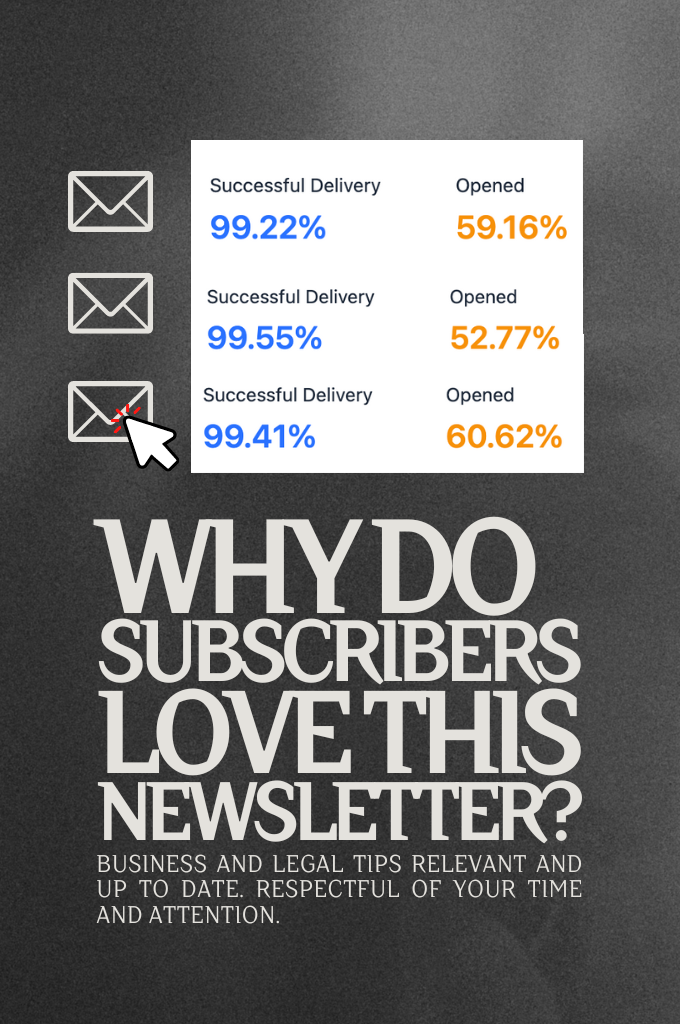Do I Need to Copyright My Source Code?
When you create something, like a video, painting, or computer source code, it’s automatically copyrighted. You’ve created it, so you have the right to limit how it is copied. But should you register your copyright? Let’s find out in this video.
Why Do You Need Copyright Protection?
Copyrights give you the ability to say what happens to your software work. Imagine you sang a song. You wouldn’t want someone else to use your song, and make money from it without asking you.
The same goes for computer code. You worked hard to write it, so you want to control how others use it and ensure they don’t steal it. Copyrights give you control over how your code is used.
Even if you’re writing open-source code, you may still want recognition for the writing of that code.
Should I Copyright My Source Code?
Since your code is already copyrighted when you create it, you already have a copyright. Unlike a trademark or LLC, you don’t have to go to the government to ask for a copyright. Copyrights are inherent with the creation of code. Think back to that song example. If you composed a song, it’s yours from the moment you came up with it. Copyrights are the same way. From the moment you write your source code, that code has a copyright because it’s yours.
Should I Register My Copyright?
You can get more protection for your code if you register your copyright with the government. However, since code is constantly being changed and updated, it usually isn’t practical to register your copyright. So the answer is usually, no, you shouldn’t register your code copyright.
What can I do to Increase My Code’s Protection?
If you want to strengthen your control over how your code is used but you don’t want to deal with constantly applying for registration, put your copyright right into your code. Here’s an example of how Google embeds their copyright into their open source code:
Define Open Source vs. Closed Source
If your code is open source, you let others use it without needing to ask. You have basically created an agreement for people to use this without them having to ask. They only have to follow the terms of the contract (i.e. license).
If your code is closed source, you might want to keep it private, put restrictions on who can use it, or rules about negotiation.
Closed Source Code Negotiation: A Real-Life Example
At one company, there was a problem with their robot machines turning left too much. To solve this problem, they found another company with a special solution, or algorithm, to fix it. The tow companies made a deal, and the first bought the algorithm from the second. This is an example of closed source software use in real life.
Conclusion
In the end, you don’t need to worry too much about registering your copyright. Just know your copyright to your code, and you can decide how others use it.
If you want more advice on specific code copyright best practices, contact us today.



